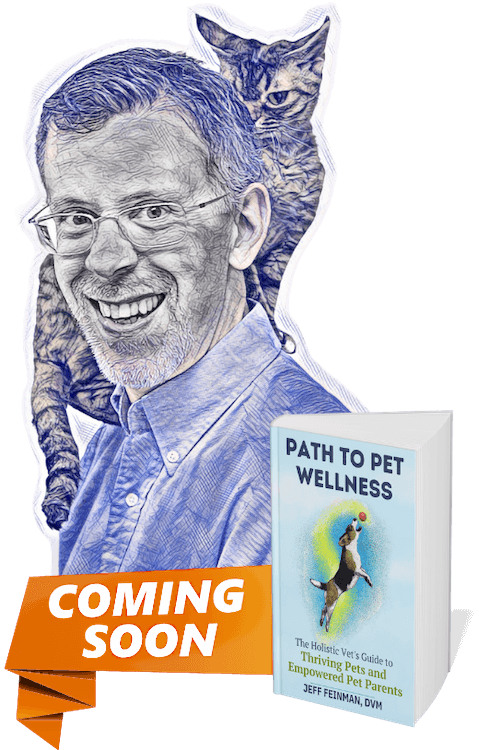- Joined
- Nov 15, 2021
- Messages
- 127
Hi All,
I will be leaving this beautiful, supportive and amazingly informative community for a while due to Fibi's passing.
Before I leave, I'd like some clarity on how in the world these two dogs lived to the ripe ages they did?
We are accustomed to saying 17 or 18 is a ripe old age.
Thanks for any insights!
PS- I didn't know the best place to post this.
I will be leaving this beautiful, supportive and amazingly informative community for a while due to Fibi's passing.
Before I leave, I'd like some clarity on how in the world these two dogs lived to the ripe ages they did?
We are accustomed to saying 17 or 18 is a ripe old age.
Thanks for any insights!
PS- I didn't know the best place to post this.



